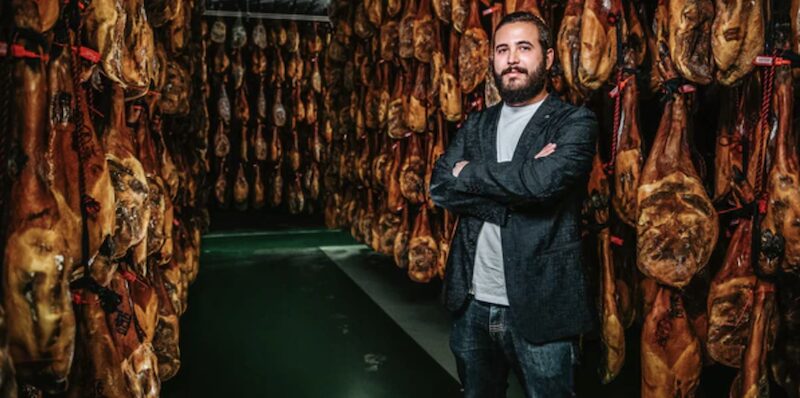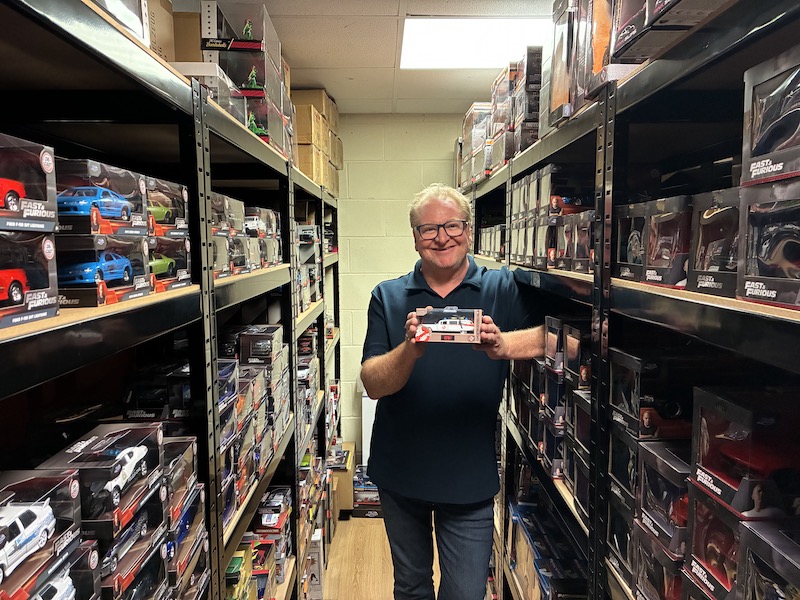In an online retail world long dominated by big names and bigger ad budgets, a quiet shift is empowering a new generation of European entrepreneurs. Temu — the fast-growing global online marketplace — is at the heart of this change, offering a lower-barrier path to growth by connecting local sellers directly with value-conscious consumers.
Since entering Europe in 2023, Temu has built its reputation on affordability, variety, and user convenience. But behind the scenes, it’s also quietly rewriting the e-commerce playbook for small businesses — eliminating costly intermediaries, reducing the need for advertising, and enabling sellers to reach millions of customers across borders.
Flowerbox: A Florist in Full Bloom
In Straubing, Germany, florist Flowerbox had spent nearly a decade building a regional brand with elegant arrangements, vertical gardens, and direct farm sourcing. But it wasn’t until the company joined Temu that its full potential started to blossom.
Without running a single promotion, Flowerbox sold hundreds of products within two months — a third of its total online sales — entirely through Temu’s organic traffic.
“This was purely organic,” said CEO Stefan Friedrich. “We didn’t run any promotions, but we achieved this. Temu has rapidly become a platform consumers genuinely enjoy visiting.”

Now, with its wide range of exotic plants and florals — from Dutch roses to reindeer moss from Ireland — Flowerbox is expanding its footprint beyond Germany, using Temu’s local-to-local model to grow fast while maintaining freshness and quality.
Monjamón: Tradition Meets Technology
In the hills of Guijuelo, Spain, third-generation artisan Alex Fernandez was struggling to modernise his family’s cured ham business, Don Ibérico SL, while staying true to its century-old methods. COVID-19 changed everything — forcing the company to move beyond its local store and begin selling online.
After launching its gourmet-focused brand Monjamón, Fernandez found that Temu offered the ideal balance between scale and authenticity.
“We can’t produce on a big industrial scale,” said Fernandez. “We make sure we work only with small, local producers. But we make sure everything we offer is top quality. We also want to keep prices fair.”

Now, the brand is reaching customers across Europe without giving up control to distributors or compromising its quality standards.
Mcslots: From Toy Cars to Global Collectors
In Cornwall, UK, Mark Crowhurst and his family were facing the same headwinds that hit the entire British toy market, which fell 3.7% in 2024. Sales at their family-run business, Mcslots, had slowed across platforms. Then they tried Temu.
Within 48 hours of listing a handful of die-cast models, sales began to surge. Within three months, orders had doubled, and Temu was responsible for half of Mcslots’ revenue.
“Temu is the saviour of our business,” said Crowhurst. “Without it, we would have had a tough summer.”

The turnaround was most dramatic with the Ghostbusters Ectomobile model, which sold more on Temu in six weeks than across all other channels in the previous year. Encouraged by the results, Crowhurst is now listing the full 3,900-product catalog and ramping up stock ahead of Christmas.
For a shop that began with a handful of Corgi cars and a dream, Temu has become the platform that makes survival — and growth — possible.
What’s Next
Temu aims for 50% of UK sales to be fulfilled through local sellers and warehouses by the end of 2025, with 80% of European sales projected to follow a local-to-local model. For entrepreneurs like Flowerbox, Monjamón, and Mcslots, this shift isn’t just about cutting costs — it’s about regaining control, reaching new markets, and building resilience.
From German greenhouses to Spanish ham cellars to British toy car shelves, European businesses are proving that you don’t need an expensive marketing machine to succeed online.
You just need the right partner — and a product that people care about.




